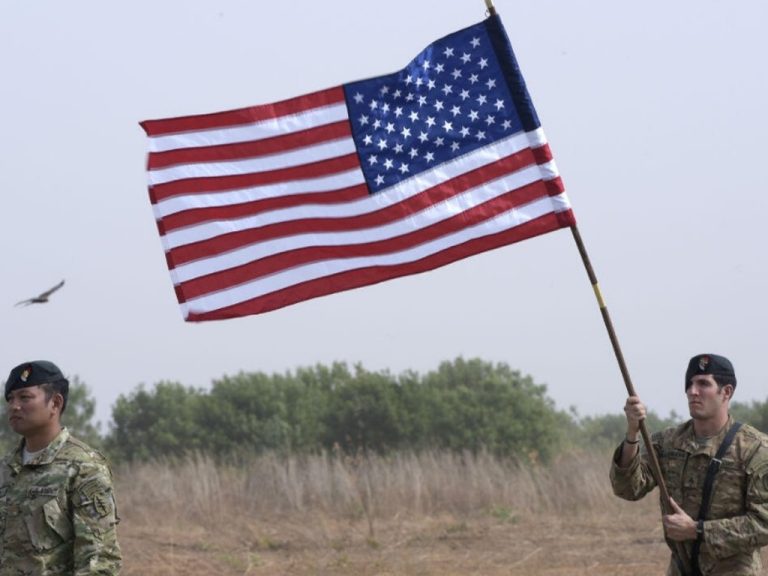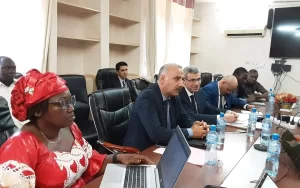Sahel: After Niger, US troops withdraw from Chad

The United States has announced a partial and temporary withdrawal of its troops from Chad. This development follows a recent withdrawal from Niger.
The nearly simultaneous decision to reduce military involvement in two key Sahel countries raises questions about US regional strategies and the implications for security in an area grappling with major security challenges linked to terrorist groups.
While the withdrawal from Niger stems from the July 2023 coup d’état that led to a suspension of American aid and diplomatic tensions, disagreements over the use of an American airbase contributed to the withdrawal of US soldiers from Chad.
These evacuations are likely part of a broader reassessment of American military presence in Africa by the Pentagon.
The withdrawal from Niger is permanent, whereas the one from Chad is described as temporary.
Some view this as a shift towards a more indirect approach to counterterrorism by the United States, relying more on regional partners and targeting more precise actions.
These two decisions to withdraw American troops could lead to uncertainties about the Sahel countries’ ability to counter jihadist groups.
This decision confirms a strategic loss for the US in conducting intelligence operations on terrorist groups in Libya and throughout the Sahel, especially as Russia increases its influence in the region.
It came after a meeting between US Deputy Secretary of State Kurt Campbell and Niger’s Prime Minister Ali Mahamane Lamine Zeine during his visit to the US to also meet with officials from the World Bank and the International Monetary Fund, seeking a resumption of disbursements suspended since the coup.
However, this situation may encourage Sahel countries to strengthen military cooperation and take greater responsibility in the fight against terrorism.
It’s noteworthy that three West African countries recently decided to form an alliance called the Sahel States Alliance, aiming to intensify collaboration in combating insecurity. These countries include Mali, Burkina Faso, and Niger.
Titi KEITA











